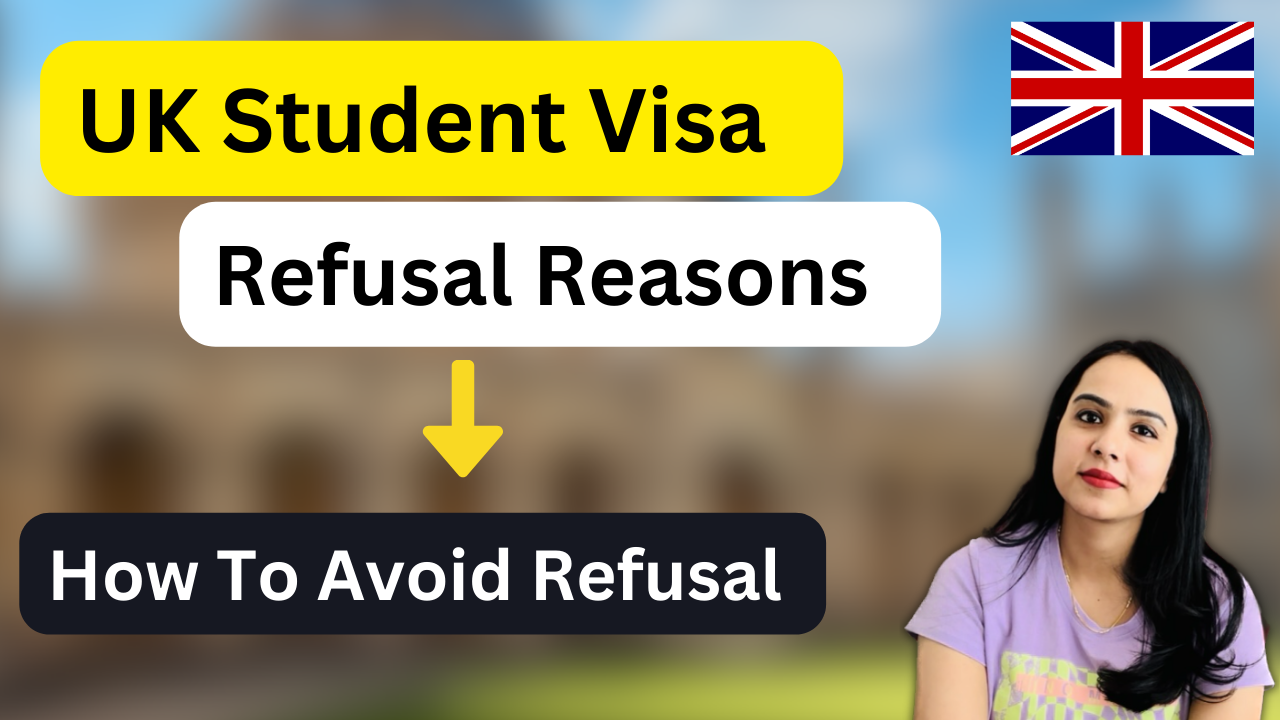
Canada is renowned for its high-quality education system, attracting a vast number of international students each year. However, recent updates from Immigration, Refugees and Citizenship Canada (IRCC) have introduced significant changes to the Canada student visa regulations, affecting future international students and their dependents. These changes, spearheaded by Immigration Minister Marc Miller, aim to manage the country’s student immigration flow more effectively. Here’s what you need to know about the latest news regarding the Canada student visa and dependent rules:
Update #1: Limit on the Number of Students
In a significant policy shift, the Canadian government has decided to set a cap on the number of international students admitted into the country. Starting in 2024, only 360,000 international students will be allowed to enter Canada to pursue their studies. This two-year limit, as announced by Immigration Minister Marc Miller, is part of a broader strategy to ensure quality education and living standards for international students in Canada.
Update #2: Provincial and Territorial Caps
Further refining the intake process, provincial and territorial caps have been established. This measure targets primarily the provinces of Ontario, British Columbia, and Quebec, which have become increasingly popular destinations for international students. These areas are now facing issues of overpopulation and strain on educational resources. To manage this, each province and territory will be given a fixed quota of students they can admit. Additionally, students applying for a visa will now need an attestation letter from a province or territory, affirming their acceptance and support for the student’s educational journey in Canada.
Update #3: Changes to Post-Study Work Permits for Private College Students
A critical update that has stirred discussions among prospective international students is the cessation of post-study work permits for graduates from private colleges. Starting from September 2024, students who begin a study program that is part of a curriculum licensing arrangement with private colleges will no longer be eligible for a post-graduation work permit. This decision is aimed at ensuring that students receive quality education aligned with the Canadian labor market’s needs and standards.
Update #4: Student Dependent Visa Work Permit Restrictions
The Canadian government has updated the rules for dependents of international students. Now, only the spouses of students enrolled in master’s, doctoral, or certain professional degree programs like medicine can receive an open work permit. Spouses of students in other programs, such as undergraduate, diploma, or general college programs, will not be eligible for this type of work permit anymore. This change aims to streamline the process and ensure that the benefits align with the level of study and potential contributions to the Canadian workforce.
Conclusion
These updates reflect the Canadian government’s effort to streamline the process of international education and ensure that the influx of students aligns with the country’s educational standards and labor market demands. Prospective international students and their families are encouraged to closely follow these updates and plan their education journey in Canada accordingly. While these changes may present new challenges, Canada remains committed to welcoming international students and providing them with quality education and opportunities.



